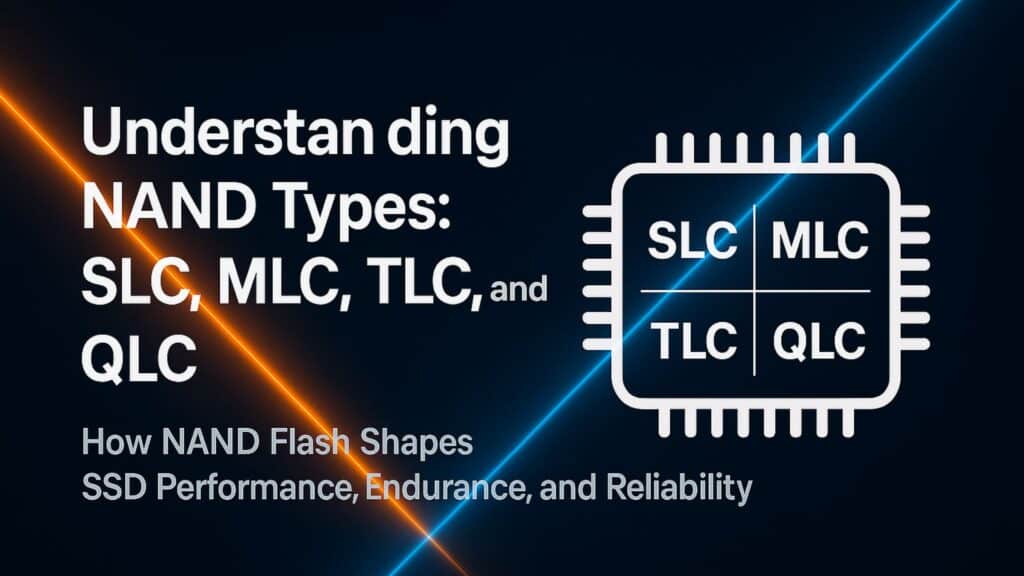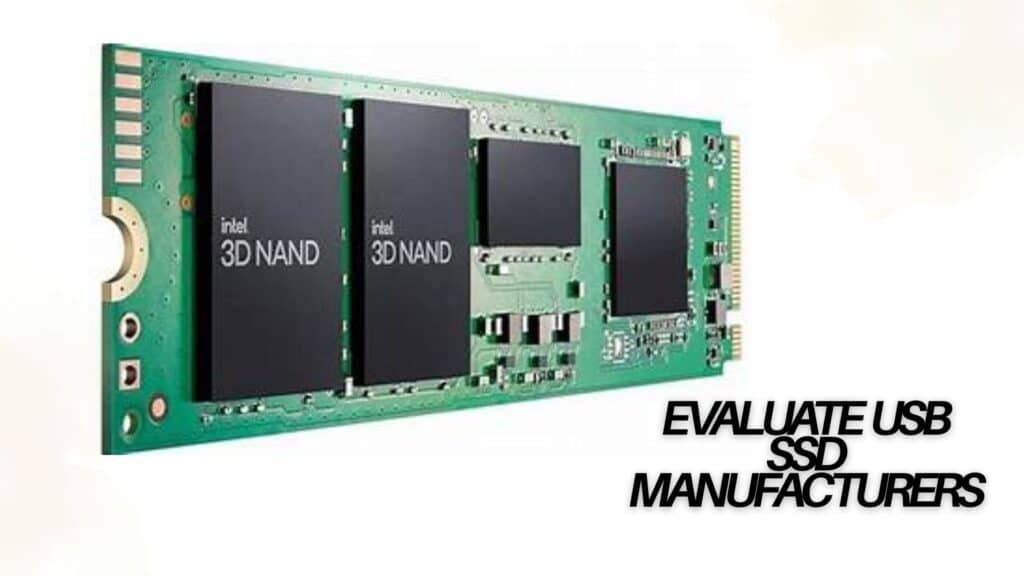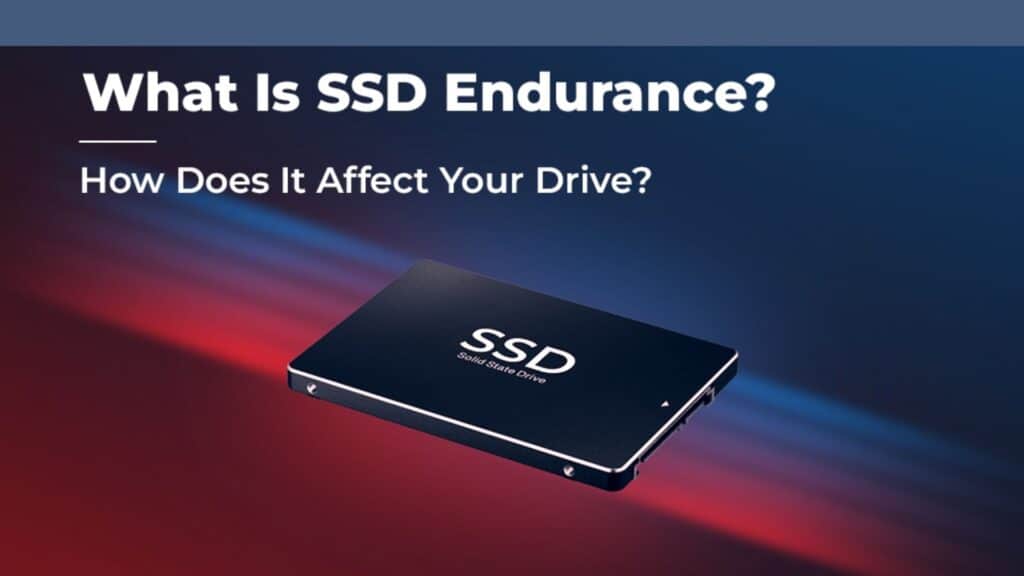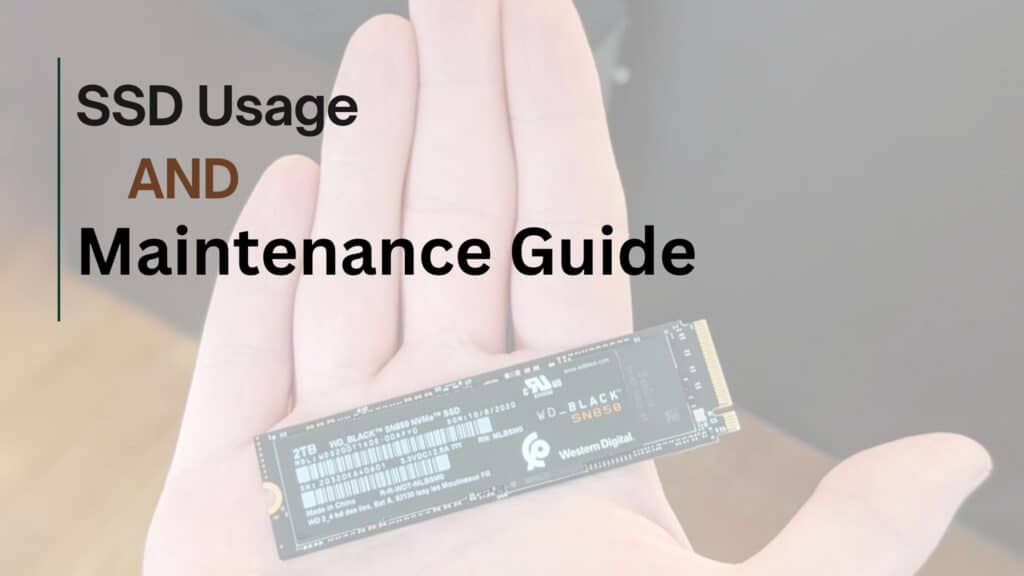Why Some SSDs Have Longer Warranties Than Others
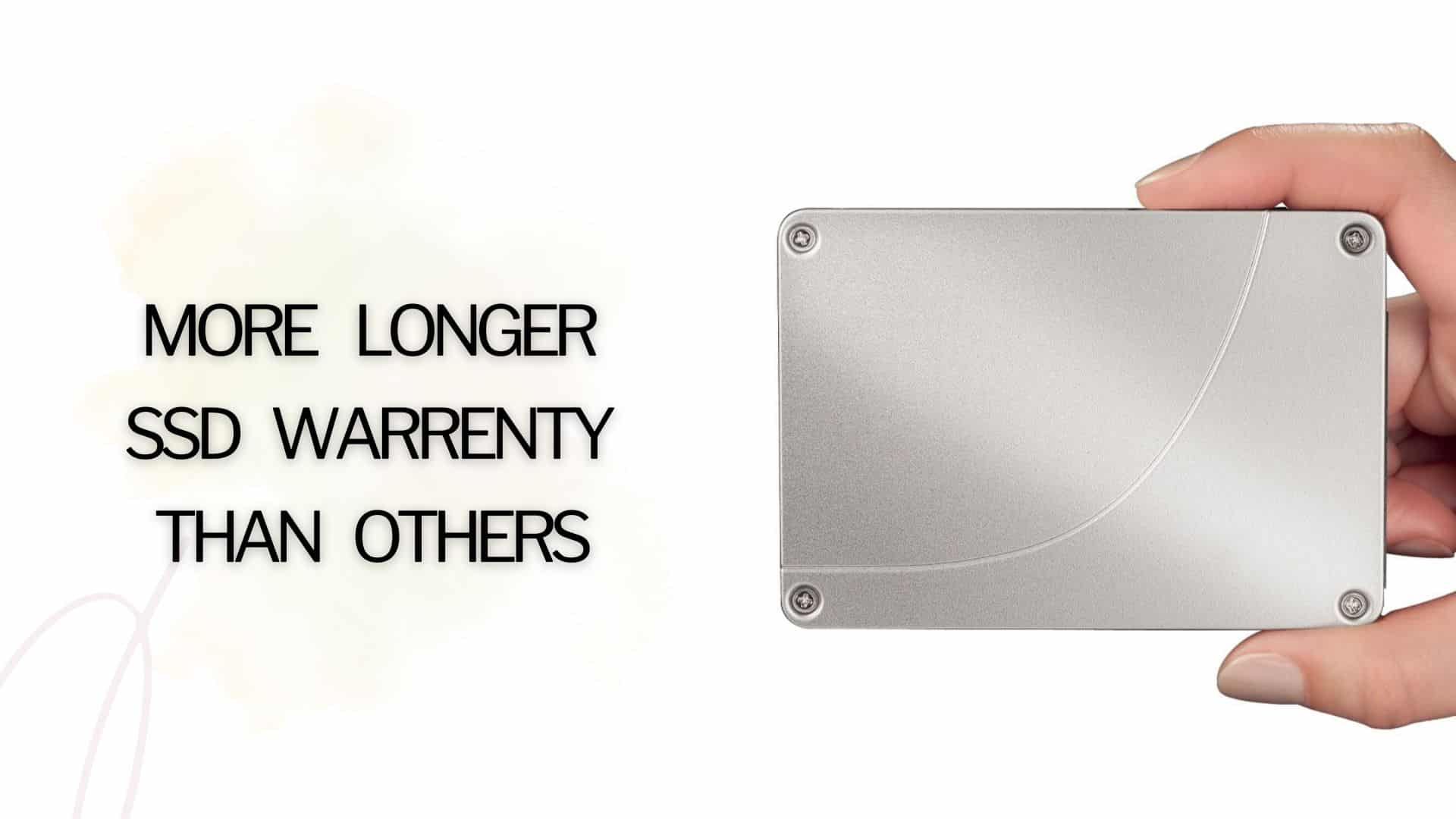
When shopping for the best SSD external hard drive, many buyers focus on speed and capacity, but warranty length is another crucial factor. Some SSDs come with extended warranties of up to 10 years, while others only offer coverage for three years or less. Understanding why certain solid state external hard drive models have longer warranties can help you make a smarter purchasing decision, especially if you’re looking for a reliable external hard drive for laptop use. In this article, we’ll break down the key factors that influence SSD warranty lengths and what they reveal about an SSD’s quality and durability.
What SSD Warranties Actually Cover
Before diving into why warranty lengths vary, it’s essential to understand what an SSD warranty typically includes. Manufacturers offer warranties to protect against defects in materials and workmanship, but they do not cover issues caused by:
- Physical damage (drops, spills, or improper handling).
- Excessive write operations beyond the SSD’s rated endurance.
- Power surges or improper power supply use.
When comparing warranties, always check the fine print to see if there are any limitations or exclusions that could affect coverage.
Factors That Affect SSD Warranty Length
1. Type and Quality of NAND Flash Memory
The NAND flash memory used in an SSD plays a significant role in its lifespan and, consequently, its warranty duration. Different NAND types have varying endurance levels, affecting how long the drive can reliably function:
- SLC (Single-Level Cell): The most durable and long-lasting but also the most expensive. Rare in consumer SSDs.
- MLC (Multi-Level Cell): More durable than standard consumer-grade NAND, often found in high-end SSDs.
- TLC (Triple-Level Cell): A balance of cost and endurance, commonly used in mid-range SSDs.
- QLC (Quad-Level Cell): The least durable but most affordable, typically found in budget SSDs.
Manufacturers offering SSDs with high-quality NAND tend to back their products with longer warranties because they expect lower failure rates. If you’re looking for a solid state external hard drive with a long lifespan, prioritize models with high-end NAND technology.
2. Endurance Rating (TBW – Terabytes Written)
Another major factor in warranty length is the SSD’s terabytes written (TBW) rating, which measures how much data can be written to the drive before it starts to degrade.
- High-end SSDs have higher TBW ratings, meaning they can handle more data writes without failure.
- Budget SSDs typically have lower TBW ratings, leading to shorter warranties.
For example, a best SSD external hard drive with a 600TBW rating is expected to last much longer than a model with a 200TBW rating, which is why it may come with a five-year warranty instead of three years.
3. Controller and Firmware Optimization
The SSD controller manages data distribution and wear leveling, ensuring that no single memory cell is overused. High-quality SSD controllers extend lifespan and reliability, allowing manufacturers to offer longer warranties.
- Premium controllers (e.g., Phison E18, Samsung Phoenix) come with better error correction and thermal management, reducing failure rates.
- Budget controllers may have weaker wear-leveling algorithms, leading to shorter lifespans and reduced warranties.
If you need an external hard drive for laptop that lasts, check for SSDs with advanced controllers and firmware that prioritize endurance.
4. Enterprise vs. Consumer-Grade SSDs
Enterprise SSDs, designed for data centers and heavy workloads, often come with longer warranties (up to 10 years) due to their superior build quality. In contrast, consumer-grade SSDs usually come with 3 to 5-year warranties.
If you’re a professional handling large data transfers, investing in a solid state external hard drive with an extended warranty might save you from unexpected failures.
5. Usage Expectations and Manufacturer Confidence
Warranty length is also influenced by how the manufacturer expects the SSD to be used.
- Gaming SSDs typically have longer warranties since they are built for speed and endurance.
- Budget-friendly SSDs meant for light use (e.g., storing documents and photos) may have shorter warranties.
- Rugged external SSDs designed for professionals often come with extended warranties due to better durability.
If you’re looking for the best SSD external hard drive for intensive tasks like video editing, choose a model with a longer warranty, as it indicates the manufacturer’s confidence in its durability.
How to Choose an SSD Based on Warranty
1. Compare Warranty Lengths by Brand
Different manufacturers offer varying warranty policies. Here are some of the best SSD brands and their standard warranty durations:
| Brand | Typical Warranty | High-End Model Warranty |
| Samsung | 5 years | 10 years (Samsung 990 Pro) |
| Western Digital | 3-5 years | 5 years (WD Black SN850X) |
| Crucial | 3-5 years | 5 years (Crucial P5 Plus) |
| Kingston | 3-5 years | 5 years (Kingston KC3000) |
| Seagate | 3-5 years | 5 years (Seagate FireCuda 530) |
2. Check the TBW Rating
A longer warranty should be backed by a high TBW rating. If an SSD has a long warranty but a low TBW rating, you might still run into performance degradation before the warranty expires.
3. Consider Your Use Case
- For gaming and high-performance computing – Choose an SSD with a 5+ year warranty and high TBW rating.
- For everyday laptop storage – A mid-range external hard drive for laptop with a 3-5 year warranty is often sufficient.
- For professional workloads and video editing – Look for SSDs with 10-year warranties and high endurance ratings.
Final Thoughts: Are Longer Warranties Always Better?
A longer warranty generally signals better reliability, but it’s not the only factor to consider when buying an SSD. The type of NAND flash, endurance rating, controller quality, and brand reputation all contribute to an SSD’s actual lifespan.
If you’re looking for the best SSD external hard drive, opt for one with a long warranty, high TBW rating, and a premium controller. A solid state external hard drive with advanced error correction and wear leveling will last longer and provide consistent performance.
For those needing an external hard drive for laptop use, balance warranty length with price and performance. A 3-5 year warranty is often a good indicator of a reliable drive, while anything less may suggest lower quality.
By understanding why some SSDs have longer warranties than others, you can make a more informed purchase and ensure that your storage solution remains fast, durable, and dependable for years to come.


